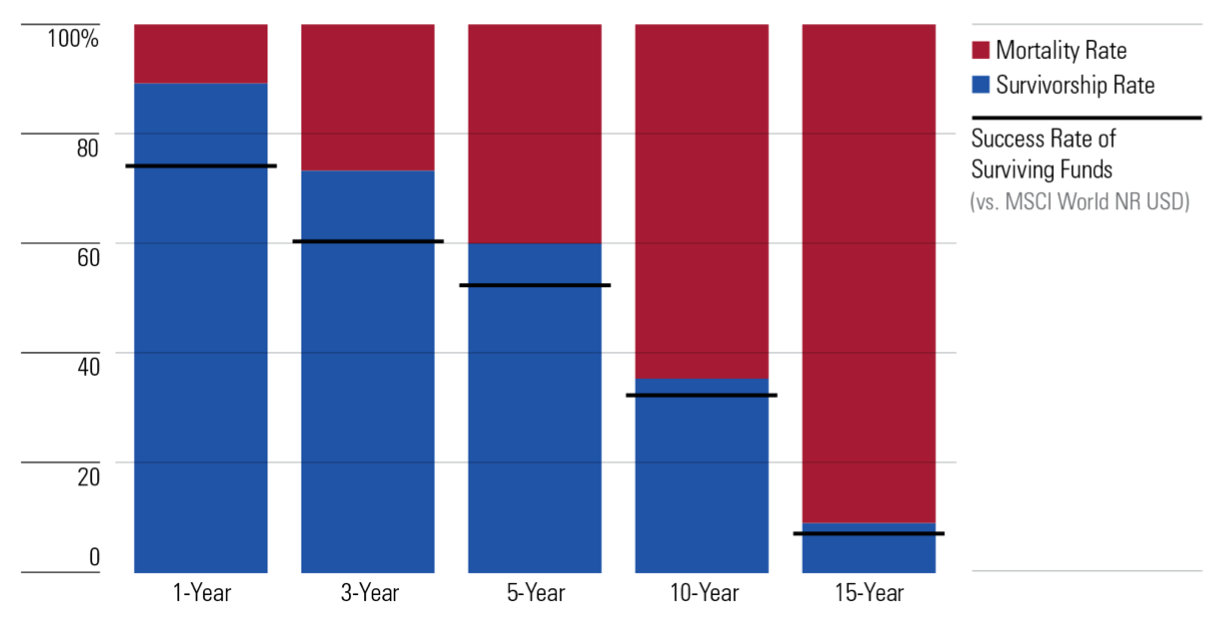Thematic ETFs have once again come under the spotlight after a variety of sub-sectors from cloud computing to biotech outperformed the market amid the turmoil.
The rapid spread of coronavirus has plunged the world into a global lockdown sending markets tumbling with it.
With the number of cases reaching almost two million worldwide, central banks have been forced to step in and support ailing economies led by the Federal Reserve which has pledged “unlimited” quantitative easing measures.
As the impact of the crisis spooked markets, a number of longer-term themes have offered investors some form of protection to the volatility.
Highlighting this, the First Trust Cloud Computing UCITS ETF (SKYE) is down just 3.3% year-to-date, as at 9 April, versus 14.4% for the S&P 500, while the iShares Nasdaq US Biotechnology UCITS ETF (BTEC) has fallen 5.9% over the same period.
While there is often nowhere to hide when the market is in free-fall, innovative technology has been an industry which appears to be thriving.
One such company in this area is Zoom which recently revealed its daily active users jumped to 200 million in March, up from the previous record of 10 million.
Rahul Bhushan, co-founder and investment strategies lead at Rize ETF, comments: “Innovation comes in many forms at different times, but historically major crises, such as the global pandemic, serve as catalysts for innovation.
“Companies and individuals are having to be creative in order to get needed work done or to just to get through the day in a world that for many has suddenly shrunk to the size of their homes.
“This has led to the rapid adoption of virtual world solutions, such as online video meetings, and increased reliance on technology to work together and connect.”
Richard Lightbound, CEO, EMEA at ROBO Global, argues the recent volatility highlights why these areas of the market make sound long-term investments.
“Investing in disruptive innovation and technology themes makes more sense than ever.”
Furthermore, the reason for choosing an index over any single stock makes sense is because attempting to choose “winners” within a theme is a “futile exercise”, according to Rahul Sen Sharma, managing partner at Indxx.
Gregg Guerin, senior product specialist at First Trust, adds: “We have no idea who the next Netflix will be but my guess is it will come from the right thematic.”
Mortality rates
Assessing thematic ETFs from a longer-term perspective, however, throws up some interesting questions for the sector. While these products are marketed as themes for the next decade, recent research shows a higher-than-expected proportion have failed to make it that far, let alone outperform.
According to data from Morningstar, thematic ETFs in the US – where they are more established – two-thirds of funds launched prior to 2010 had closed by the end of last year. Of the survivors, just one-in-three outperformed the MSCI World index.
Taking a shorter time horizon, 40% of funds had shut over the past five years while the remaining half outperformed the same benchmark.
The story in Europe was similar. For funds launched prior to 2015, 69% survived and of those, only 50% outperformed the MSCI World index.
North American Thematic Fund Survival and Success Rate

Source: Morningstar Research
Kenneth Lamont, senior passive funds research analyst at Morningstar, points out that one of the strengths of thematic ETFs is they are designed to “transcend traditional business cycles” and that investors should be actively seeking “different and distinct risk and return factors”.
“But they are still ETFs and people have piled into them for a short-term gain,” he adds.
Lamont argues investors face a three-fold risk from investing in thematic ETFs. First, there is the risk of whether or not they were picking the right theme. Second, there is the risk the fund in question was “well-placed to harness that theme”. And lastly, investors are making a wager that the theme at which they were seeking entry has not already been priced in by the market.
“As a group, they have not performed well over a longer period,” he points out. “They have quite a low survival rate. So if investing in a long-term theme, investors would want the fund to take advantage of that.”
Therefore, it is understandable why investors would be hesitant to take the thematic plunge despite the outperformance over the past two months.
ETF Insight is a series brought to you by ETF Stream. Each week, we shine a light on the key issues from across the ETF industry, analysing and interpreting the latest trends in the space. For last week’s insight, click here.
Sign up to ETF Stream’s weekly email here


